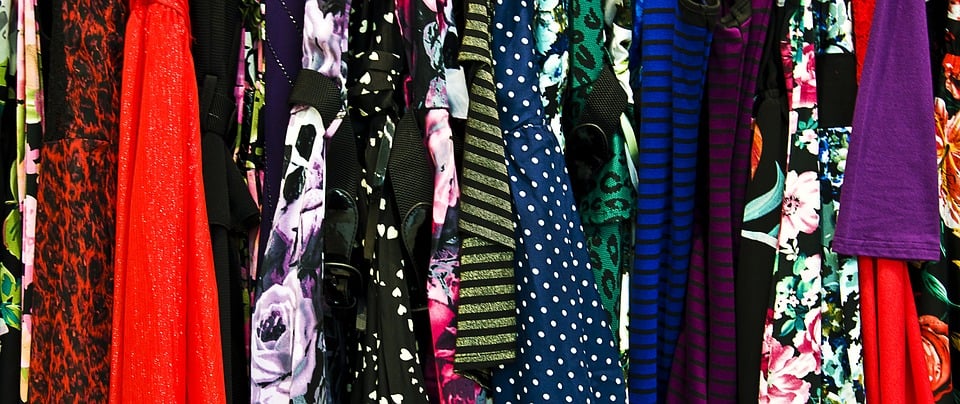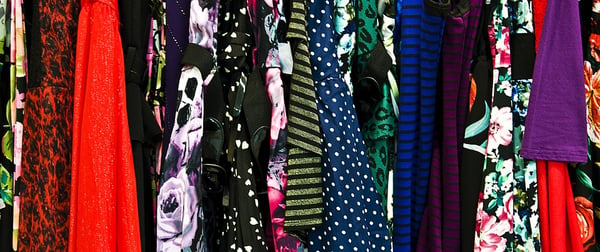Plaintiffs Compare Leggings to Wet Toilet Paper in LuLaRoe Class Action
By: Elizabeth DiNardo, Esq. | Associate Counsel


Bad news for lovers of the colorful “buttery soft” leggings sold by clothing company LuLaRoe—on March 23, 2017, a proposed class action lawsuit was filed in the Northern District of California alleging that the company knowingly sold poor quality leggings to both customers and consultants.
The defendant company was founded in 2012 by DeAnne Brady, then a single mother of seven children, and her now husband, Mark Stidham. The products are not sold in traditional brick and mortar stores but rather through a multilevel marketing strategy, similarly used by beauty giant Mary Kay, where the product is first sold to a consultant who then sells the product to consumers. Since its humble beginnings, the company has risen to soaring heights with sales reaching $1 billion in 2016. The product line includes shirts, dresses and various other clothing, but its most popular product by far are its colorful leggings known for their soft texture and forgiving fit.
However, despite the products’ overwhelming popularity, there have been increasing reports from customers that the leggings break down, sometimes before the first wear let alone the first wash. Embarrassed ladies across the country began posting photos of the ripped and tattered leggings online complaining about the subpar quality. In the complaint, named plaintiffs Suzanne Jones and Julie Dean described the strength of the fabric of that “wet toilet paper.” The plaintiffs claim that LuLaRoe has been made aware of the problems with the best-selling product and has chosen to ignore complaints and continue to cash in on the product’s current popularity. Dean and Jones claim that LuLaRoe head of production, Patrick Winget, addressed the quality concerns in a company-wide email saying that the product deteriorates so quickly because the company intentionally breaks down the fibers of the fabric in order to achieve its famous softness.
Consultants who sell the brand are put in a difficult position when customers complain about a flawed piece of clothing, as the company allegedly refuses to replace defective products. Therefore, a consultant must absorb of the cost of the item and give the customer a reimbursement or risk losing future business. Becoming involved in the selling of the brand is no easy task and it can cost a consultant on average between $5,000 and $9,000 to obtain an “onboard package” of 380 pieces of clothing. Plaintiffs claim that if a consultant receives a damaged piece of clothing from the company, they are encouraged to learn to sew and repair it themselves rather than get a replacement.
It is still unclear how many potential class members there might be; however, at the time of filing, a Facebook group dedicated to LuLaRoe legging complaints had over 20,000 members.
The Case is: Julie Dean and Suzanne Jones et al. v. LuLaRoe, LLC; Deanne Brady; and Mark Stidham, Case No.: 3:17-cv-01579
Counsel Financial provides working capital credit lines up to $5 million exclusively for the plaintiffs' bar in all states except California, where credit lines are issued by California Attorney Lending.





